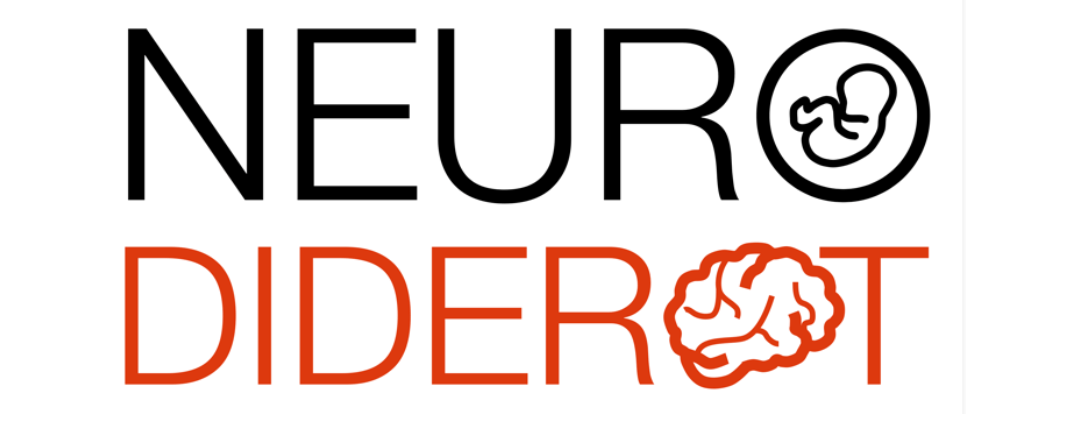Puberty diseases : Genetic mechanisms and clinical implications
Our team investigates rare neuronal disorders associated with a pubertal defect (de Roux N. et al., Endocr Dev 2016).
Specifically, we focus on the abnormal development and control of the Gonadotropin Releasing Hormone (GnRH) neuron system in the hypothalamus, responsible for the correct onset of puberty and adult fertility. An understanding of puberty initiation and its impairment, by the characterization of this relatively simple neuronal network and the mechanisms that control it, should help to decipher other mechanisms involved in the development of NDDs in general.
Our research consists of two main and complementary axes.
1. Role of Rbcn-3α in the development and maturation of GnRH neurons
We have shown that the haploinsufficiency of DMXL2, which encodes the synaptic protein Rabconnectin-3α (Rbcn-3α), causes:
- an absence of puberty;
- intellectual disability;
- proprioceptive ataxia;
- a demyelinating polyneuropathy;
- other endocrine deficiencies.
The investigation of Dmxl2 deficiency in mouse brains has revealed that the pubertal dysfunction is due to the impairment of the morphological and functional maturation of GnRH neurons, itself caused by a membrane trafficking defect in afferent neurons (Tata B. et al., PLoS Biol 2014) (Tata B.K. et al., Sci Rep 2017).
2. Characterization of new proteins that participate in the timing of GnRH neuronal maturation
We have also characterized or contributed to the characterization of other mutations involved in abnormal pubertal onset, including several loss-of-function mutations in MKRN3 (a suspected negative regulator of GnRH neuronal maturation) (Simon D. et al., Eur J Endocrinol 2016), involved in familial forms of central precocious puberty (CPP).
CPP is caused by an acceleration of the maturation of the GnRH neuronal network. The identification of new genes linked to CPP is useful not only to characterize the cellular functions involved in the maturation of the GnRH network, but also to investigate the role of these proteins in cellular ageing or the development of certain benign tumors.
With this objective in mind, we will develop an ambitious human genetics program to characterize genes linked to isolated CPP and subsequently study the molecular mechanisms by which the newly identified proteins control the timing of GnRH neuronal maturation.
Contacts
Nicolas de Roux
Biochemistry-Hormonology department &
& UMR Inserm 1141 – NeuroDiderot
Robert Debré Hospital
48 boulevard Sérurier
75 019 Paris
nicolas.deroux@inserm.fr
Read more

Conference Thursday, January 22, 2026, 11:00 AM by Xavier Leinekugel from the Institut de Neurobiologie de la Méditerranée (INMED), Marseille : Potential consequences of altered maturation of hippocampal perisomatic inhibition on cognitive development and neurodevelopmental disorders
20260122 Xavier LEINEKUGEL english

Conference Thursday, February 12 2026, 2PM (zoom) by Pr Raul Chavez-Valdez from Baltimore : Synaptic Plasticity following Neonatal Hypoxic-Ischemic Brain Injury
20260212 séminaire Raul Chavez english

Conference February 19, 2026, 11:00 AM by Dr Clément Apelian from PRHySME : Hypnosis beyond fantasy – basic science challenges and clinical relevance
20260219 séminaire Clément Alepian english
Conference April 16th, 2026, 11:00 AM by Alexandra Benchoua from I-Stem : Human pluripotent stem cell models for high-throughput screening of therapeutic molecules and precision medicine in neurodevelopmental disorders.
20260416 séminaire A-Benchoua english
